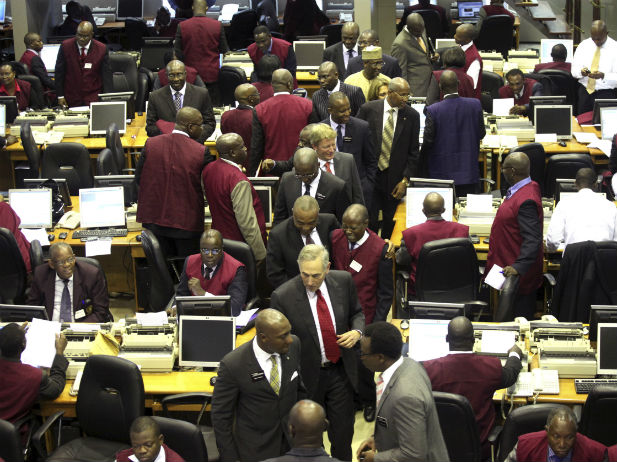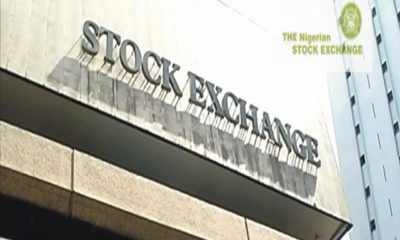- Investment in Exchange-traded Funds Drops by N1.9bn
The total value of investment in Exchange Traded Funds dropped by N1.9bn in one year, data from the Securities and Exchange Commission have shown.
ETFs are professionally managed vehicles designed to give investors broad exposure to the market by tracking an index (market capitalisation allocations) or specialised themes that consider factors such as value and growth investing (smart beta strategy).
They give institutional and individual investors access to a wide range of asset classes such as stocks, bonds, commodities, real estate and investment themes such as shariah investing, sector bias, and dividend yield, among others.
The total value of investment in ETFs as of January 2018 stood at N6.65bn but dropped to N6.24bn in May 2018.
After a space of one year, the value of investment dropped further to N4.74bn as of May 31, 2019.
The Nigerian Stock Exchange said in a statement that it had commenced a three-day enlightenment campaign to increase investors’ awareness and participation in ETF market.
It said the campaign would run from June 26 to June 28, 2019.
The bourse said it would engage investors through social media, radio, email and in-house workshop, on the benefits of ETFs as a transparent and low-cost investment option.
The Divisional Head, Trading Business Division, NSE, Mr Jude Chiemeka, while speaking on the campaign, said the initiative was in line with the NSE’s strategic objective of providing new and accessible opportunities for citizens to create durable wealth.
He said the Exchange continued to showcase the benefits of ETFs as a sound and viable investment option to tap into the capital markets.
“I am pleased with efforts made by ETF providers and advisers to create and introduce more ETFs that align with the needs of institutional and retail investors, thereby deepening the ETF market segment,” Chiemeka said.
He added, “ETFs can be purchased on the NSE just like stocks and bonds through dealing member firms as well as online trading platforms.
“Investors are advised to take advantage of the discounted trading fee regime offered by the ETF Market Authorised Dealers – Stanbic IBTC Securities Limited and Vetiva Securities Limited ― which is open till the end of June 2019.”
In the equities market, the bearish sentiment, which has been witnessed for a while, continued as investors’ losses totalled N106.8bn in the last three days.
The market, which recorded a slight gain on Friday last week, shed all its gains as it resumed its bearish streak, shedding N18bn on Monday, N52bn on Tuesday and N36bn on Wednesday.
Analysts at Afrinvest Securities Limited said they expected the bearish sentiment to be sustained in subsequent trading sessions, barring the occurrence of a major catalyst in the market.


 Forex3 weeks ago
Forex3 weeks ago
 Naira2 weeks ago
Naira2 weeks ago
 Billionaire Watch2 weeks ago
Billionaire Watch2 weeks ago



 Naira3 weeks ago
Naira3 weeks ago






 Naira2 weeks ago
Naira2 weeks ago




 Naira1 week ago
Naira1 week ago




 Naira4 weeks ago
Naira4 weeks ago






 Naira1 week ago
Naira1 week ago




















